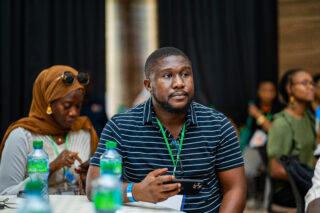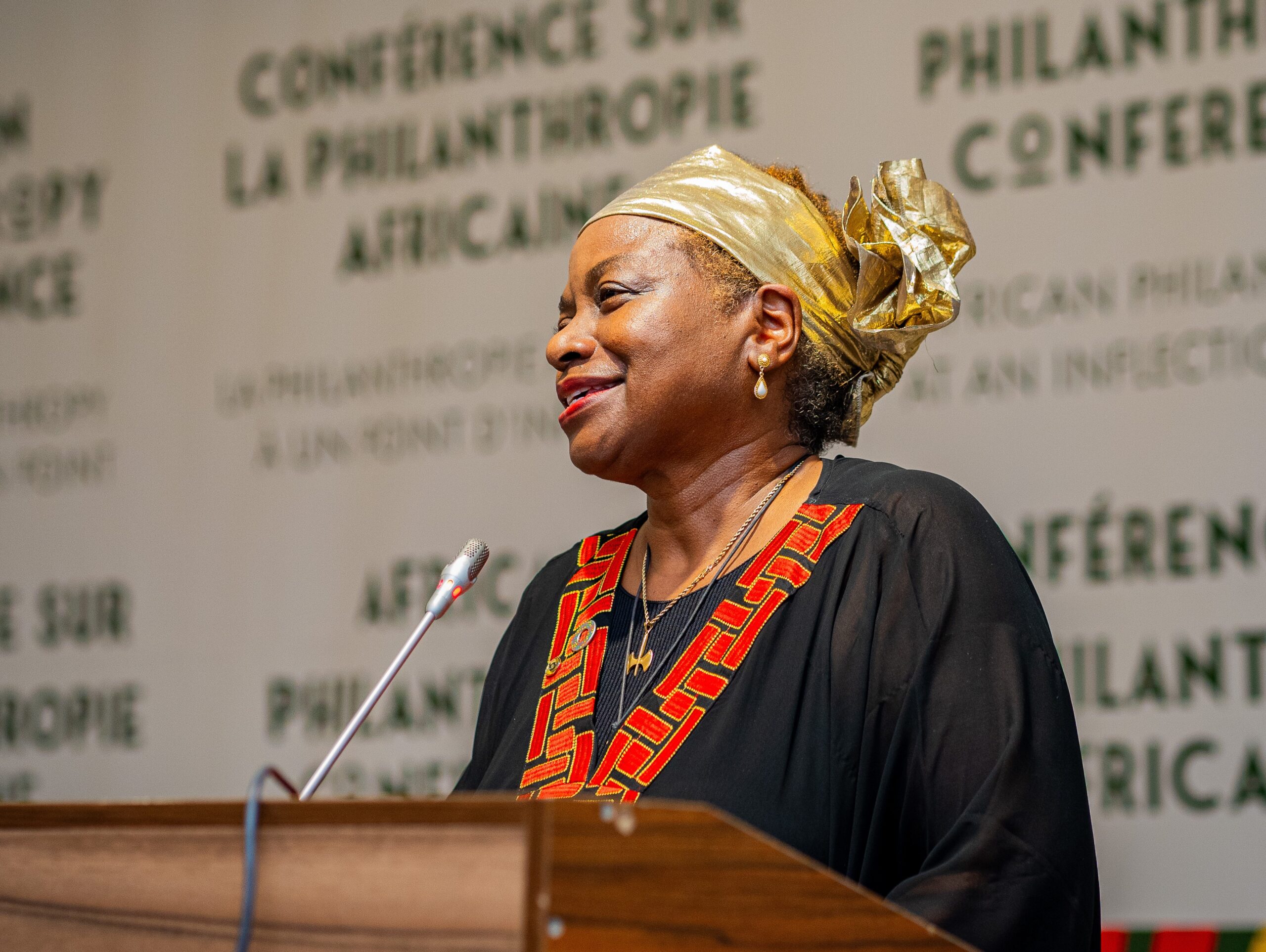The 4th African Philanthropy Conference was hosted under the theme of “African Philanthropy at an Inflection Point”. Through this, the organisers of the convening hoped to stimulate conversations and participation from an audience of practitioners, researchers and leaders in the philanthropic sector. The conference was hosted in Saly, Senegal following the 2nd Academic Conference hosted in Dakar.
The third of four keynote speakers was Natalia Kanem, the Executive Director of United Nations Population Fund (UNFPA), a pivotal figure in women’s reproductive health and rights across the globe. In her address, Natalia profiled how the world is faced with multifaceted challenges such as climate crises, conflicts and the harrowing ramifications of the COVID-19 pandemic. Alongside these, women’s reproductive health and rights remain overshadowed and yet directly impact Africa’s development.
Natalia highlighted how conflicts and crises have an undeniable ripple effect on societal structures. In the African context, these upheavals have resulted in increasing unintended pregnancies and a subsequent spike in maternal mortality rates. The turmoil has disrupted access to crucial reproductive health services and contraception, while incidents of sexual violence soar. The continent’s susceptibility to global issues has thrown an already volatile food supply chain into further chaos. However, what is the intersection of this with reproductive health? As the foundation of society, the well-being of women becomes the first casualty in such crises.
“The UNFPA has been steadfast in its mission to universalise access to vital sexual and reproductive services, even in the direst humanitarian settings. The organisation has crystallized its goals into the ‘three zeros’: zero unmet need for family planning, zero preventable maternal deaths, and zero gender-based violence and harmful practices.” Natalia Kanem
Data-driven and deeply focused, UNFPA is committed to not leaving anyone behind. However, achieving these commendable goals is not without challenges. Despite the proven socio-economic benefits of investing in reproductive health – such as the fact that every dollar invested in family planning can save governments three times that in related costs – there is a glaring decline in funding for the sector. Over 200 million women and adolescent girls in Africa today cannot access the contraceptives they require. The pace of progress in maternal health remains abysmally slow, calling for intensified efforts.

The solutions, while straightforward, need commitment and funding. By increasing access to a variety of quality contraceptives, bolstering comprehensive sexuality education, and investing in midwives, maternal deaths can be drastically reduced. In line with this, UNFPA is actively working to mitigate the global shortage of almost a million midwives, a move that could prevent a staggering two-thirds of maternal and new-born deaths.
Historically, African societies have shown tremendous generosity during crises. From the response to the COVID-19 pandemic and the Ebola outbreak, to famine and drought relief, the spirit of philanthropy has shone brightly. However, with philanthropy’s evolving role, a more structured approach is needed to deal with the current challenges. The Africa Philanthropy Network suggests that the potential giving pool of wealthy individuals stands between $2.8 billion to $7 billion annually. If channelled effectively, this could be revolutionary in pushing the needle towards gender equality, especially in the health and education sectors. Successful models already exist, such as the collaboration between global philanthropies and UNFPA, which resulted in millions of unintended pregnancies being averted in 2021 alone.
“Philanthropic organisations are perfectly poised to fortify health systems, stimulate domestic resources, and amplify advocacy against human rights violations, especially regarding sexual and reproductive health. With shrinking fiscal space and reduced Official Development Assistance, philanthropy can be the lynchpin holding the systems together.” Natalia Kanem
In her words, it is time for “Mother Africa” and its vast diaspora to unite against deep-seated challenges such as racism, discrimination, xenophobia, and patriarchal norms. As the continent stands at the crossroads, the clarion call is to ensure that every woman and girl can exercise her rights. This, in essence, is the key to an Africa characterized by peace, prosperity, rights, and choices. The battle might be uphill, but it is one the world cannot afford to lose.

